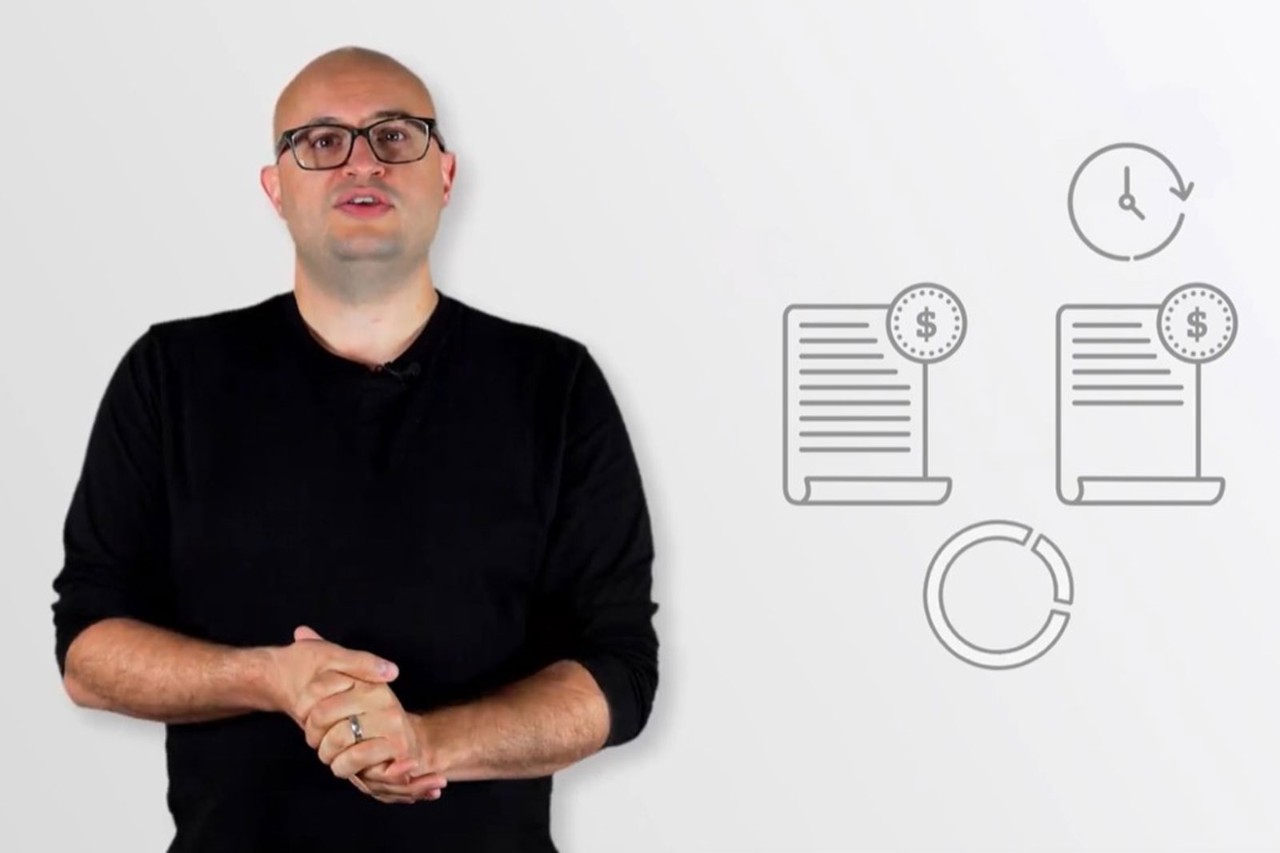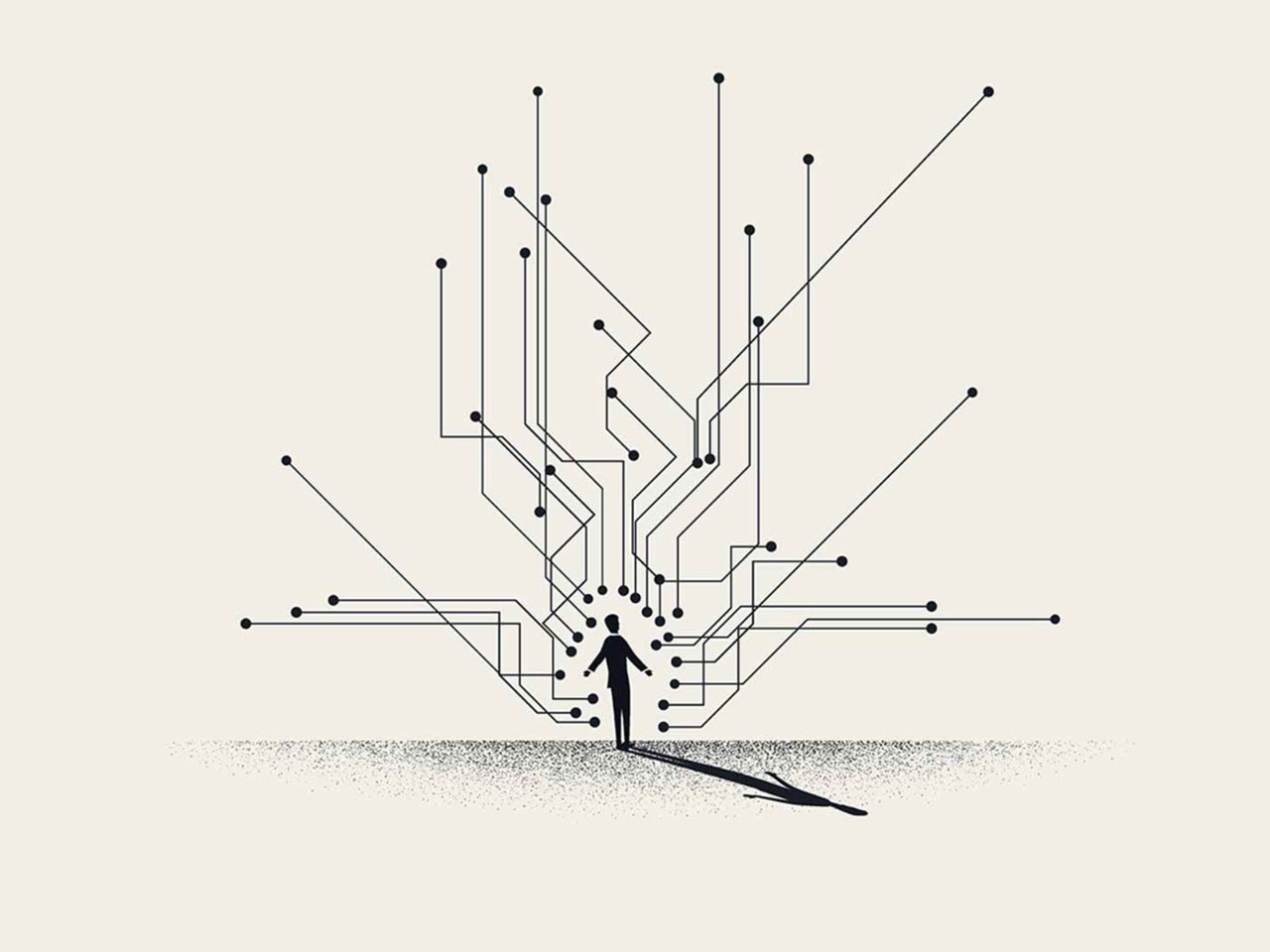
They will gather in Las Vegas: finely honed competitors, practised, rehearsed and focused. Supporters will congregate, too, cheering on their favourite contestants, anticipating every move and adjustment, watching the action on a big screen from the edge of their seats.
But this is no ordinary competition at Sin City’s HyperX Arena in the Luxor Hotel: this is a contest for seers of the spreadsheet, dynamos of databases, wizards of workbooks. For the uninitiated, this is the Microsoft Excel World Championship, an annual competition bringing together Excel experts from around the globe to dance their digits across keyboards in a bid to prove they are the kings and queens of crunching data.
ESPN will broadcast the finals this year. The winner banks a cheque for US$5,000
‘It’s definitely a rush,’ says Elliott Paterson, a business analyst at the National Trust and one of the few British competitors to make it through this year’s global qualifying rounds. ‘It’s like a lot of other sports: if you’re going to do well you get into a flow state.’
Knock-out competition
The Microsoft Excel World Championship is the latest e-sport to grace the Vegas venue, with the drama playing out before hundreds of fans and broadcast by sports channel ESPN. The 128 winners from the global rounds were whittled down during a knock-out competition in October to produce the finalists for a three-day event in Las Vegas, culminating in a final for the last 12 standing on 4 December.
The competition was launched in 2021, the brainchild of financial analyst and Excel whizz-kid Andrew Grigolyunovich, based in Riga, Latvia. After taking part in a championship for financial modelling, Grigolyunovich decided that Excel devotees needed their own competition. ‘I thought: we really need to do something like that but better,’ he tells AB.
Australian actuary Andre Ngai has earned the nickname The Annihilator
Grigolyunovich launched a financial modelling world cup, which evolved a year later into the Excel World Championship, backed by Microsoft and streamed live on the internet. It quickly caught the attention of ESPN, and broadcasts began in 2022.
Cliffhanger moments
The breakthrough was to introduce head-to-head contests and cliffhanger moments through regular cutoffs forcing the ejection of low-scoring players.
‘People are really into that,’ says Oz du Soleil, the championship’s Vegas-based resident commentator who sports a red mohawk haircut. Du Soleil is an Excel trainer and Microsoft MVP (most valuable professional) himself but marvels at the skills of the finalists. ‘These players move so fast,’ he says. ‘We have very limited time to explain what’s going on.’
The other innovation was to do away with financial analysis and modelling as the basis for competition; instead, competitors pore over data case studies based on whimsical themes. This year’s early ‘battles’ included ‘Doggy Day Care’, with competitors answering questions about the location and movements of hounds at a daycare centre. Another case, ‘Treasure Hunt’, challenged players to navigate a map.
Players must know their LAMBDAs from their pivot tables, their slicers from their SUMIFs
Winning formula
While there is a group of recognised top players, the championship has been won for three years running by Australian actuary Andre Ngai, a player of such formidable Excel skills he has earned the nickname The Annihilator.
Successful players typically have a host of skills literally at their fingertips; Paterson notes that ‘It’s all about relying on brain muscle memory.’ But Grigolyunovich says that speed isn’t necessarily the top skill to have, noting that one year ‘those who were faster were out in the first round’.
Essential abilities include logical thinking and a good knowledge of Excel – there are more than 450 functions in the 2021 version of the software – so players must know their LAMBDAs from their pivot tables, their slicers from their SUMIFs.
‘You can click fast but you need to know the right formulas. If you know the LAMBDA functions you will probably be much better off than someone who doesn’t know these functions but types fast,’ says Grigolyunovich.
‘This is the only e-sport you want to have on your resumé’
Du Soleil puts success down to time and experience, quick thinking and mental acuity; a winner, he declares, is ‘somebody who can grasp the rules really quickly because they can be complicated’. He says that in one event players came apart because they failed to understand the nature of the cases they had to analyse.
Career enhancing?
While all the competitors have day jobs that require use of the software, Grigolyunovich says there are a couple who are ‘very enthusiastic’ and financially secure enough to spend a lot of time on training – a hint that, like other e-sports, some players may already function as if they were full-time competitors.
Grigolyunovich reckons that around 1,000 qualified professionals from around 100 countries compete for the world championships, while more than 5,000 people are competing at student level.
The competition is in fact a training aid for the day job, says Grigolyunovich, especially for students watching the maestro’s head to the finals. ‘Even if you don’t make it that far, you’re still going to improve your Excel skills and that’s going to make a difference at the first job you land.’ As one comment on YouTube puts it: ‘This is the only e-sport you want to have on your resumé.’
And it seems Grigolyunovich’s project is about to cross a threshold. ‘Interest is building up,’ he says. ‘We have more and more people watching the tournaments, we have companies enquiring about sponsorship, we have companies doing things internally so their people can train through Excel competition.’
And what of the future? ‘My dream and vision is that our winner gets a cheque for US$1m. That’s how big I want this to be.’



